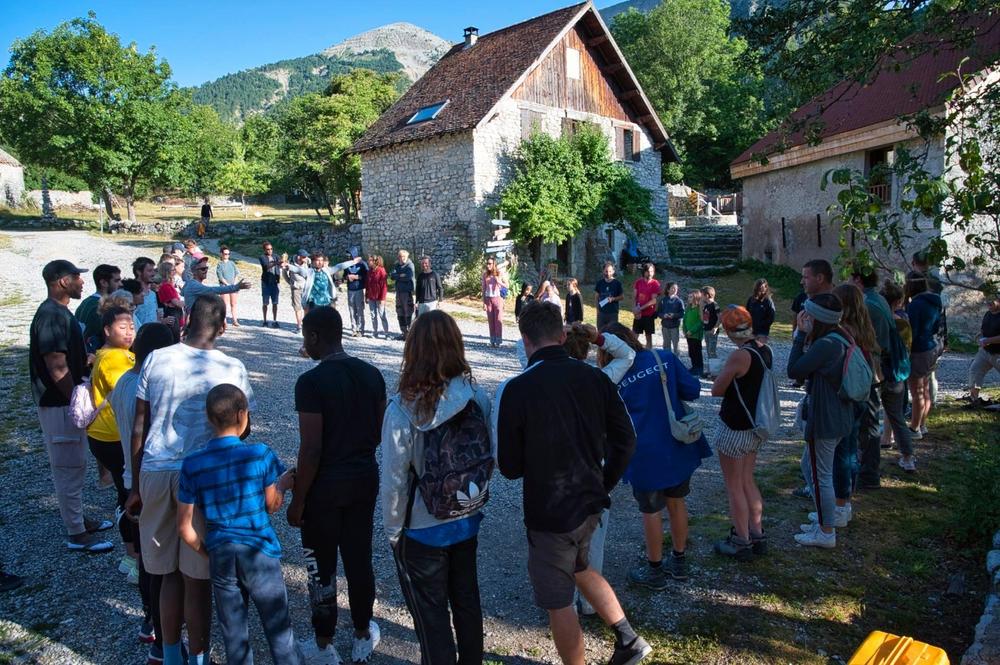Responsibility in projects
How can organizations and organizers act more responsibly? How the project is organised matters. Here we've collected tips related to responsibility within projects. For example, many volunteering teams focus on enviromental topics in terms of themes and activities.

In addition to greener travel, ecological sustainability can be maintained and increased by e.g. remotely organised events and utilizing digital materials.
- Organizations must respect the principles of a safe space when creating a project, during it and after it. Everyone involved should feel welcome. All activities must respect diversity and be inclusive.
- Emissions can be taken into account when planning meals for projects. Added vegetarian meals and eating seasonal produce can be easy first steps. Recycling well is equally as important, especially when organising bigger projects with more participants.

- It is important to respect the biodiversity of different areas. The organiser has an especially important role in this: to make sure that the projects being executed aren't hurting the local environment.
- The Agenda 2030 - goals can work as a good base for planning and executing activity within organisations. Though the goals are quite large and broad in structure, every organisation can do their part and with that action develop the situation towards a better tomorrow.
- If the projects themselves don't concern nature, sustainable development or other diversity related action, a good idea could be to form study groups within the participants and discuss these thematics. Spreading information can help the participants, who might have less previous experience or knowledge.
- The Alliance network has several manuals and guidelines for more responsible and sustainable operations. You can find examples at the end of the page and for example here.
- You can find below also some interesting training materials related to climate change, Agenda 2030, environment and sustainability
Further reading:
Agenda 2030
Alliance: Gender Equality handbook
- HANDBOOK-2021.pdf302 KB
Alliance: Sustainability handbook
Agenda 30 Training Curriculum
Act for Climate Change Toolbox
GreenDex Challenges
Climate Hero Guide
Global ecological crises
Decolonising Volunteering project (cooordinated by CCIVS) published guidlines for sustainable projects